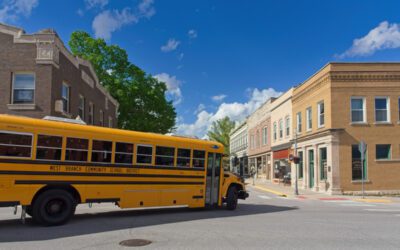
For one grandmother in Des Moines, the start of each new day means the start of fresh food worries. Pexels photo.
Iowa school officials are bracing themselves for Trump’s cuts to SNAP—hoping they can help make sure their students will have full stomachs so they can learn.
“I am a grandmother raising seven grandchildren who attend Des Moines Public Schools, and every day I wake up thinking about how I’m going to make sure they have enough to eat.”
For Grandmother Elizabeth in Des Moines, the start of each new day means the start of fresh food worries—they’re always something she regularly loses sleep over.
“Food is something so many people take for granted, but for us, it is something I have to plan, stretch, and worry over constantly.”
Iowa families are facing food insecurity
Elizabeth’s family is not alone in the school district—many others have the same anxieties.
“In Des Moines Public Schools, we know that 76% of our students qualify for free or reduced lunch—to put a number to that, it’s just under 24,000 of our students,” said Des Moines Public Schools’ (DMPS) Jenn Stadler.
“We know that when our students come to school hungry, they are not able to learn.”
Stadler is the supervisor for a program that was started in 1990 to try to prevent students from dropping out of school: The SUCCESS (Student Support and Coordination of Educational Services and Success) Program connects students and families with services to improve academics and behaviors.
She coordinates a community support system for issues like attendance, behavioral concerns, family challenges, and mental health needs. A student who needs food falls under her umbrella.
“We have a free fruits and vegetable program at our elementary schools,” Stadler lists. “We provide after school snacks to the majority of our schools when they have activities. “We collaborate with the Boys and Girls Club at our sites to provide supper for our students who are there. And of course, we have pantries in our schools—we partner with the Food Bank of Iowa.”
Elizabeth said the school food pantries have “truly become her family’s lifeline.”
“Every week, I go to them with a mixture of gratitude and hope—gratitude that these resources exist, and hope that there will be enough for us and for the many other families who rely on them,” she said.
“Those bags of food mean that my grandchildren won’t go to bed hungry. They mean I don’t have to choose between paying a bill or feeding the kids. They mean my grandchildren can go to school with full stomachs and a better chance of focusing, learning, and simply being children.”
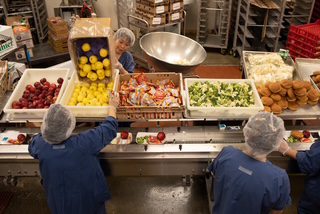
Photo courtesy: Des Moines Public Schools
The Big Beautiful Bill guts SNAP
Stadler is one of many district employees and others across Iowa who are bracing for the months ahead. The recent government shutdown highlighted the vulnerability of the Supplemental Nutrition Assistance Program (SNAP), and President Donald Trump’s One Big Beautiful Bill Act includes a more permanent and significant reduction in SNAP funding and eligibility.
“It’s a worst case taste of what could be to come,” said Anne Discher, Executive Director of Common Good Iowa. “The federal reconciliation bill passed in July—what’s also known as the Big Beautiful Bill—is poised to take food assistance away from millions of people already struggling to afford food.”
SNAP will be cut by an estimated $186 billion over the next decade—the largest cut in American history. The reductions will result in an estimated 18 million children losing access to free school meals.
“SNAP benefits help us survive each month, but even with that support, it is still a struggle,” Elizabeth said. “Every dollar has to be stretched, and toward the end of the month, it becomes harder and harder to keep food on the table.”
The Big Beautiful Bill changes how children qualify for assistance. Right now, children whose households participate in SNAP are automatically eligible for free school meals. As the Big Beautiful Bill Act’s stricter eligibility rules cause millions of people to lose SNAP benefits, these children will also lose their automatic qualification for school meals.
Families that lose SNAP benefits must complete an additional application for free and reduced-price school meals, increasing the administrative burden on both families and school districts, and decreasing the likelihood that kids will get those meals.
Also, starting in 2027, the law reduces the amount the US Department of Agriculture can pay states for the administrative costs of running SNAP from 50% to 25%, further straining state and local resources. The cuts shift the cost of school lunches to the states—a cost they can’t afford when they are already grappling with tighter budgets and substantial Republican-led Medicaid cuts.
“There’s a real reason to be concerned that the financial pressures that it will place on states could cause some lawmakers to decide to end their state SNAP programs entirely,” Discher said.
All 23 Democratic governors across the country warned these cuts would lead to millions of Americans losing vital food assistance. They wrote a letter pleading with Congress not to “gut” SNAP funding and not shift financial responsibility to the states. It said it was an “impossible ultimatum.”
“Strained state budgets cannot backfill these cuts,” it read, “especially as Congress simultaneously proposes to slash Medicaid, disaster relief, and other federally funded safety net programs.”
“Even before the government shutdown, many Iowa families have been struggling to put food on the table,” Discher said. “Food costs are at record highs, and food pantries around the state are regularly breaking usage records.”
“In this landscape, SNAP plays an essential role in helping Iowans afford groceries.”
Discher said numbers in September showed more than 270,000 Iowans in 133,000 households received SNAP benefits.
“Nearly two-thirds of participants live in families with children, and more than 50% are in working families,” she added. “So when you’re out and about in your community and you’re engaging with cashiers, cooks, home health aides, laborers, delivery workers—you’re probably engaging with a mom or a dad who relies on SNAP to meet their family’s food bills.”
Or a grandma. Elizabeth got custody of her grandchildren and now has adopted them. She works for Des Moines Public Schools as a paraprofessional—a special ed associate. She’s also attending an online college to become a special education teacher.
“Without SNAP and school-based pantries, my family would face hunger on a daily basis,” Elizabeth told Iowa Starting Line. “These programs provide us not only food but a sense of stability and dignity.”
“They help keep my grandchildren healthy and give them the security that every child deserves. I see the difference these programs make in their energy, their mood, and their ability to thrive both in and out of the classroom.”
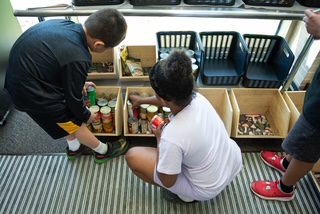
Photo courtesy: Des Moines Public Schools
Students need food to focus
President of the Iowa State Education Association Joshua Brown said proper nutrition provides the energy needed to focus in class.
“When students come to school hungry, their ability to learn disappears,” Brown said. “We know the data—but more importantly, we live the reality.”
“Hunger is a thief. It steals concentration, it steals memory, it steals the very foundation of cognitive development. You cannot expect a child to focus on mathematical equations when their body is only focused on survival.”
Food insecurity also negatively impacts a child’s social, emotional, and behavioral development, which can lead to problems in the classroom.
“Hunger breeds behavioral challenges,” Brown said. “When students are hungry, they struggle with self-regulation, we see increased frustration, more disciplinary referrals, and higher rates of absenteeism and tardiness.”
Lower test scores are also a consequence. “Research shows that children who face chronic food insecurity lag behind their peers in math and reading development, sometimes by years,” Brown said. “It isn’t just cutting off a check. It’s actively creating a learning gap that will follow these children the rest of their lives, potentially hindering their future opportunities and contributions to society.”
Since SNAP can only be used for food, it allows households to use the money they would have spent on groceries to cover other expenses.
“Because they have money for SNAP, it means they can pay the rent,” said Discher. “It means they can pay a health insurance bill. It means they can buy school supplies for kids. So I think we’re not only going to see a real food security problem, but we’re going to see families who would then say we’re going to have to have food, so they’re going to let other bills go.”
“They would go hungry”
In Des Moines, a grandmother’s worry stems from the fear of not being able to afford enough food for those she holds dear. Elizabeth worries what her families’ future looks like if SNAP and other programs are taken away.
“I don’t say this lightly: Without them, my grandchildren’s basic needs would not be met,” Elizabeth said. “They would go hungry.”
“These supports are not luxuries—they are necessities. They allow families like mine to hold on, to keep going, and to give our children a chance at a better future.”
Stadler said while they do what they can in schools, it’s hard to cover all of the bases. “’We cannot be the sole provider and we do not have enough to make sure that all of our students and families have their needs met.”
‘We will feel this in real time, with our kids being hungry because while we can feed them at school, we cannot ensure that they have what they need at home,” Stadler said.
As Elizabeth completes her online degree, she, like the governors, implores Congress to realize the importance of federal funding. “I share this because behind every statistic is a family like mine trying to make it through each month,” she said. “I share it because these programs matter.”
“They are saving lives, helping children grow, and giving hope to households that are doing everything they can with what little they have. I ask that these programs continue to be supported and strengthened, because they are essential for countless families in our community, including mine.”

Urbandale now 6th Iowa school district to protect trans and nonbinary students
Urbandale has joined five other Iowa school districts in voting to protect its transgender and nonbinary students. Following the removal of gender...

Iowa Board of Regents tries banning university courses that teach about social justice
The Iowa Legislature passed a bill this session banning diversity, equity, and inclusion programs and trainings by "public entities," including...
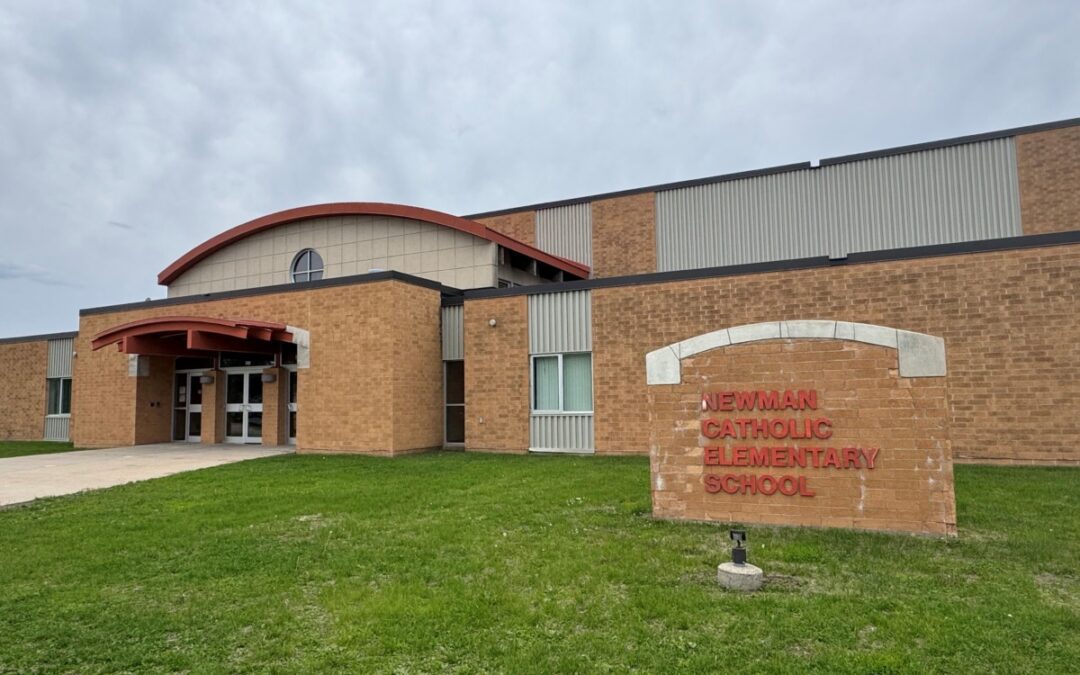
Critics warn of ‘money laundering’ as Iowa expands school voucher program
Iowans have a right to know how their taxpayer dollars are being used—but when it comes to the state's private school voucher program, that’s not...
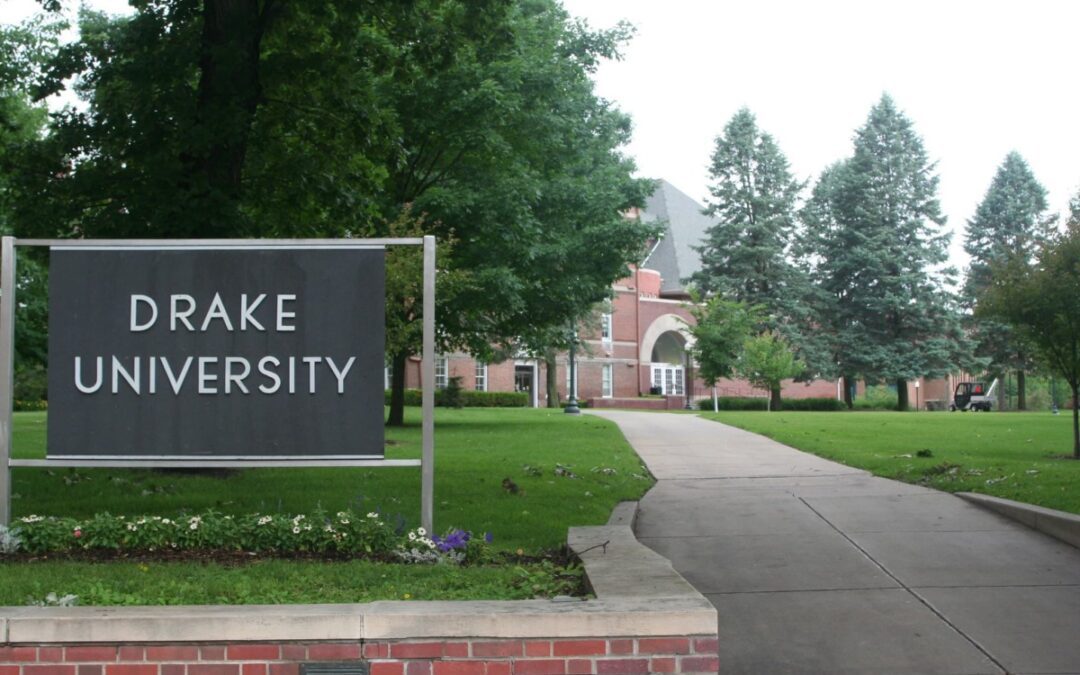
Find your passion at Drake University summer camps
Discover your passion at Drake University's 2025 summer camps! From voice training to business innovation, find the perfect program for high...
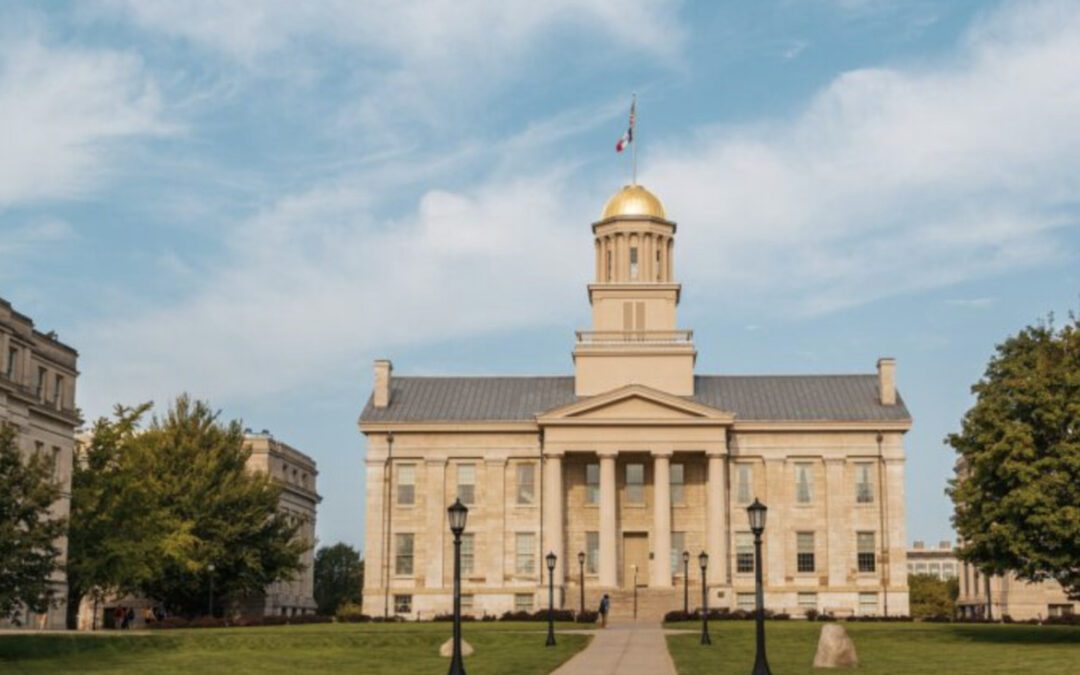
University of Iowa ranks high in US News grad school rankings
The University of Iowa boasts 52 programs recognized by US News for excellence, with rankings in the top five, highlighting its diverse academic...

The floodgates are open to help the wealthiest Iowans pay for private school
Iowa Republican lawmakers have passed a bill to boost K-12 education funding by 2%—not nearly enough to keep pace with what’s needed for a...





